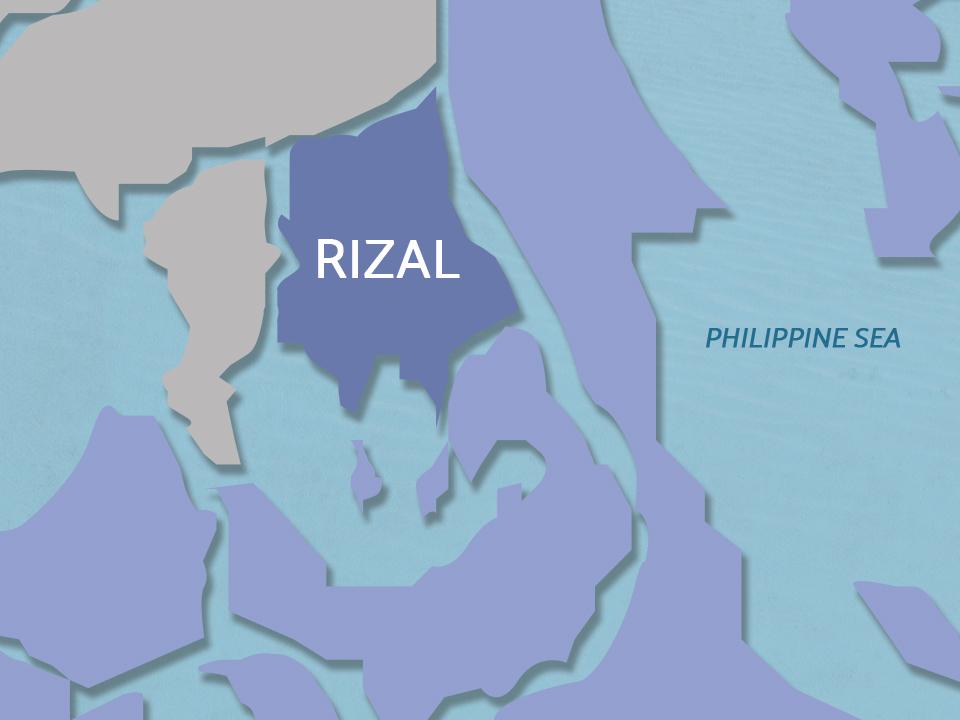If all goes according to plan, the long-awaited restoration of Golden Gate Village, Marin County’s largest public housing project, could begin as early as January. The Marin Housing Authority board authorized a series of actions Tuesday that clear the way for the agency and its development partner, Burbank Housing, to apply to the state next month for low-income housing tax credits. They will supply a critical chunk of the needed funding.
Residents who spoke during the board meeting said the work can’t begin soon enough. “I just want to make sure we get this going,” said Dan Ceral. “I’ve been waiting more than 10 years.

We take a couple steps forward and then there is a step back. I mean, how long is this going to drag out?” Sheila Robson said, “It should go forward now and stop stagnating.” The rehab will include full kitchen and bathroom remodels, new energy-efficient heating and ventilation systems, new plumbing and electrical systems and roof replacements.
“Securing low income housing tax credits is a necessary element of the overall financing plan,” Kimberly Carroll, executive director of the Marin Housing Authority, wrote in a report to the board. The project budget anticipates that more than $100 million of about $266 million in expenses will be covered by revenue from the sale of the tax credits. “We understand that the state intends to make their decisions at the end of July,” said Mike Andrews, a housing expert that the U.
S. Department of Housing and Urban Development hired to advise the Marin Housing Authority. Andrews expressed optimism regarding the agency’s chances of getting the tax credits.
The redevelopment plan calls for a limited partnership to be formed to purchase the Golden Gate Village buildings and the land they occupy from the U.S. Department of Housing and Urban Development.
The Marin Housing Authority will be the general partner. The limited partner will supply equity to the project in return for tax credits. The plan will use Section 18 of the U.
S. Housing Act of 1937, which allows for the conversion of public housing to project-based Section 8 voucher assistance. Section 18 also permits housing authorities to partner with private investors to finance debt and access other funds to rehabilitate public housing.
A previous plan to rehabilitate Golden Gate Village that called for the creation of new affordable and market-rate residences was derailed by residents’ concerns that they might be displaced. Andrews provided assurances on that score. “The work that we’ve been doing has been guided by the idea that no resident will lose their housing,” he said.
“We will complete a comprehensive renovation of the buildings in sight. No buildings will be torn down and no buildings will be added to the site.” That guarantee, however, applies only to residents who are in good standing.
To be in good standing a resident must have no past due rent, or have committed to a payment plan; must have submitted all their yearly recertification documents; and must be free of lease violations and criminal charges. Last June, 133 of 296 households in the complex owed back rent totaling some $276,000, down from $326,000 owed in October 2023. On Tuesday, Supervisor Mary Sackett asked for an update on the effort to bring all of the residents into good standing.
“Most of our tenants are now either in repayment agreements with us or have been able to pay back what they owe,” Carroll said. Carroll said that in “the last couple of months” the Marin Housing Authority had secured about $80,000 in repayments and repayment commitments. She added that some tenants who owed back rent chose to leave.
Tenants owing rent were issued notices warning them that they had 30 days to pay their back rent or enter into a repayment agreement. Otherwise they might face eviction. “There are 56 households living in Golden Gate Village owing rent,” Carroll wrote in an email on Wednesday.
“If a resident is under a repayment agreement with MHA and is current with the repayment agreement and the rent, they will be deemed in good standing.” Residents who are deemed to be “overhoused” because they have more bedrooms than they need will be allowed to remain in their apartments, but unless they can qualify for an exception to government occupancy standards, they will eventually have to move to a smaller apartment at Golden Gate Village. Another concern of residents has been where they will live while the work is being done.
Andrews said the work will be completed in three phases, and each of those phases will be broken down further. “They’ll be divided up into smaller groups of no more than 20 units at a time,” Andrews said. He estimated that residents would be displaced from their apartments for no longer than 90 days.
“We are negotiating with an apartment owner in Marin City that would be the primary destination for residents to move to,” Andrews said. Residents will be provided with moving assistance and won’t be required to pay anything extra beyond their normal rent, which typically amounts to 30% of their adjusted monthly income. At the end of the meeting Tuesday, Homer Hall, one of the tenant representatives on the board, emphasized that there is no time to waste in completing the restoration given the funding cuts coming from the Trump administration.
“We need to push forward,” Hall said. “We don’t know what is coming after us.”.
Top

Golden Gate Village rehab in Marin City could begin next year

The Marin Housing Authority and its development partner are poised to apply for tax credits for the $266 million project.











